

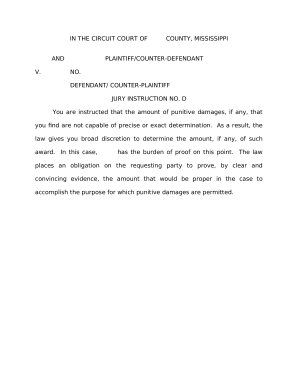
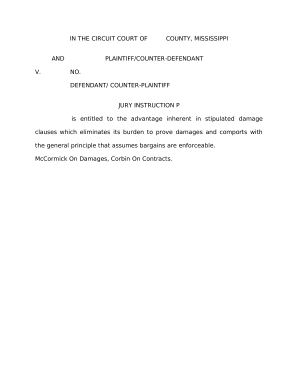
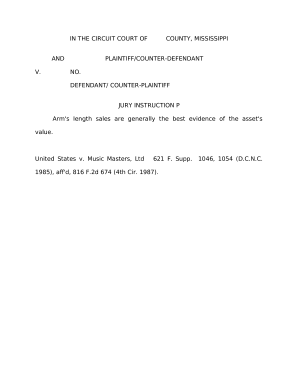
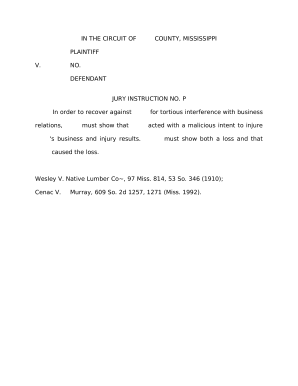
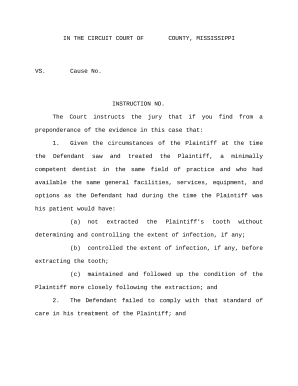
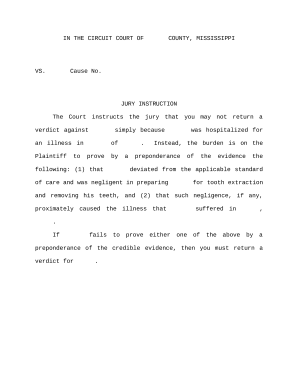
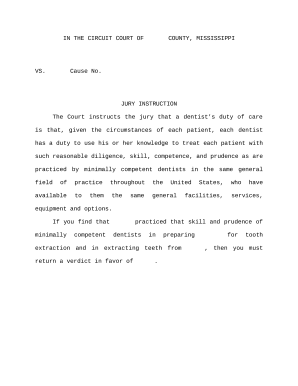
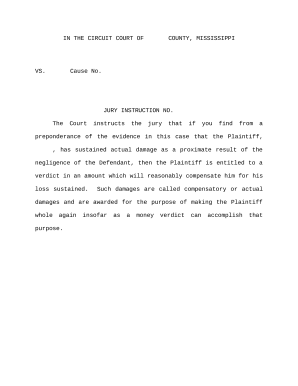
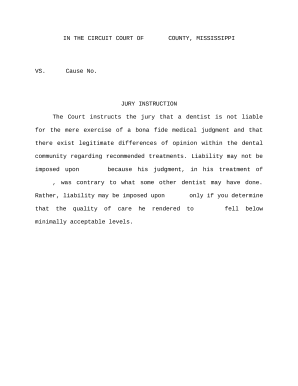
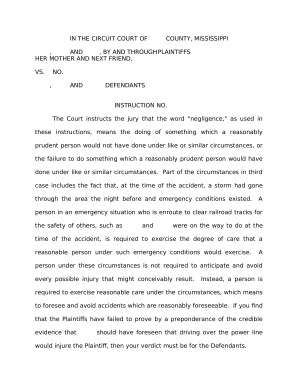

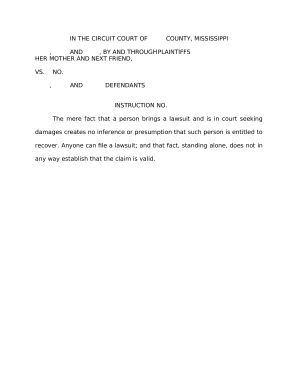
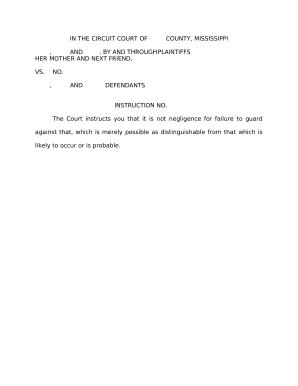
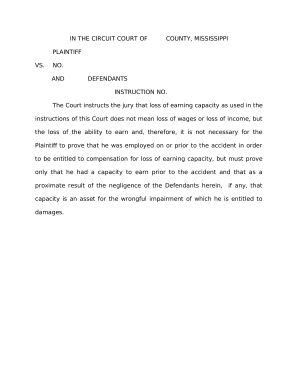
Document managing can overwhelm you when you can’t discover all of the forms you require. Luckily, with DocHub's extensive form library, you can get everything you need and easily take care of it without the need of switching among software. Get our Jury Instructions and begin working with them.
Using our Jury Instructions using these easy steps:
Try out DocHub and browse our Jury Instructions category without trouble. Get your free profile today!